News
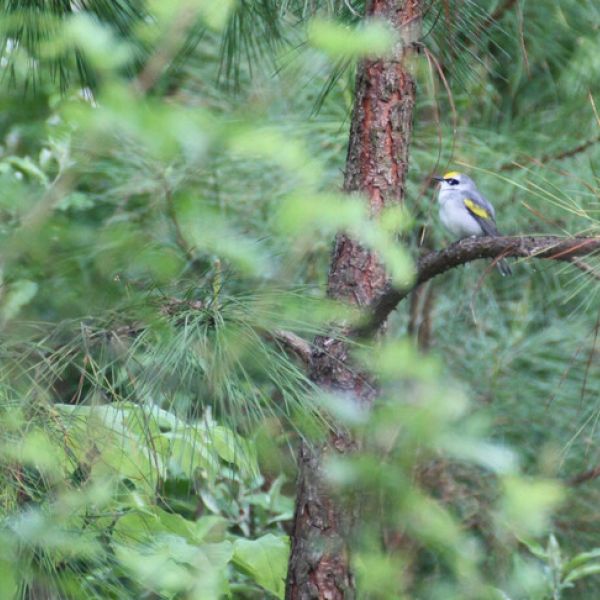
Jun 21, 2021
Weird warbler reveals genetics of its mismatched colors
An incredibly rare hybrid warbler with mismatched color patterns has allowed researchers to disentangle the genetic drivers of two traits that usually come as a package deal — the black face mask and the black throat patch in blue-winged and golden-winged warblers.
Full Article
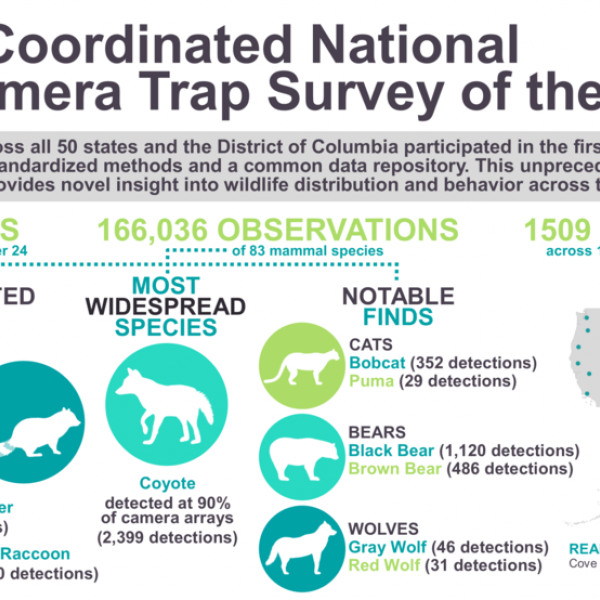
Jun 14, 2021
Snapshot USA: First-ever nationwide mammal survey now published
The results of the first national mammal survey, now publicly available online, provide the framework to answer a variety of questions about wild animal populations and conservation strategies for threatened species. The survey, which involved researchers from across the country including a biologist at Penn State, is made up of data from 1,509 motion-activated camera traps from 110 sites located across all 50 states.
Full Article
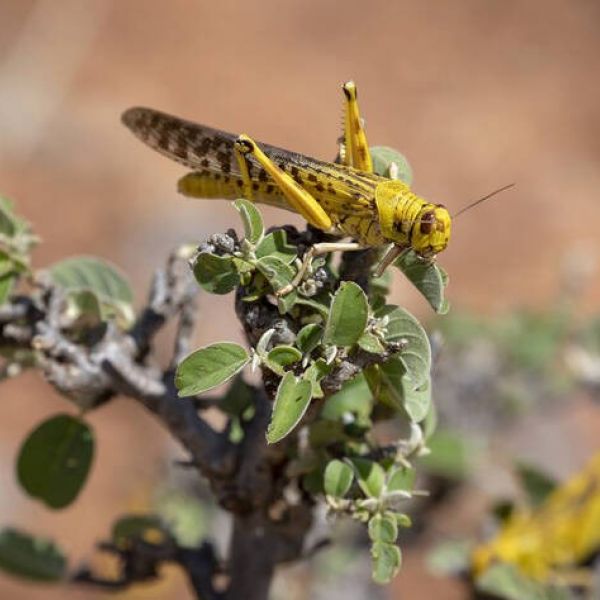
Jun 09, 2021
PlantVillage team lauded for projects to protect food supply amid COVID, locusts
Penn State researchers responsible for PlantVillage, a mobile app that helps farmers diagnose crop diseases and monitor pests, have been lauded for their work to help African farmers overcome challenges related to desert locusts and COVID-19.
Full Article
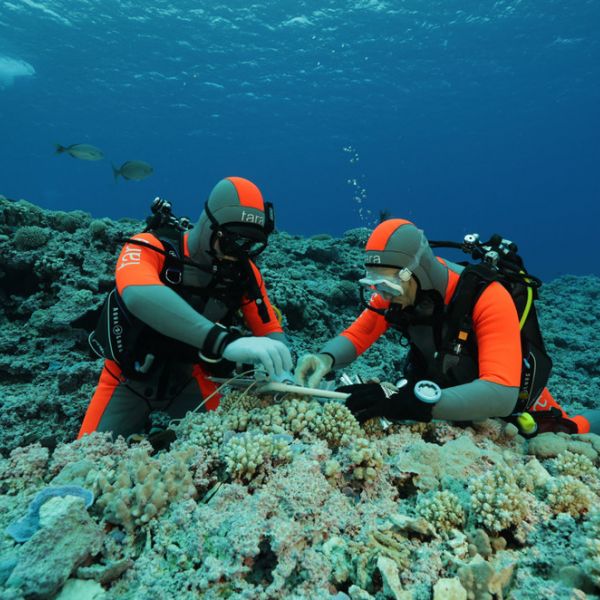
Jun 03, 2021
Penn State biologist and colleagues receive $4M to identify heat-tolerant corals
An international team that includes Penn State biologist Iliana Baums has been awarded a $4 million grant from the Paul G. Allen Family Foundation to identify corals that are naturally resilient to climate change. This is one of four newly funded projects supported by the foundation that are focused on the conservation and restoration of coral reefs in the context of the climate crisis.
Full Article
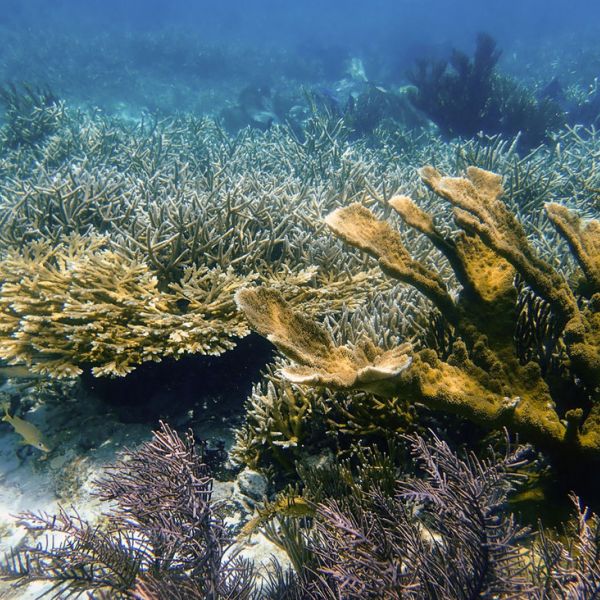
May 28, 2021
Reef-building corals and microscopic algae within their cells evolve together
The microscopic algae that live inside and provide nutrients to their reef-building coral hosts may be evolving in tandem with the corals they inhabit, so each partner is fine-tuned to meet one another’s needs. A new study by Penn State biologists reveals that genetic differences within a species of these microalgal symbionts correspond to the coral species they inhabit, a discovery that could have implications for the conservation of these endangered corals.
Full Article
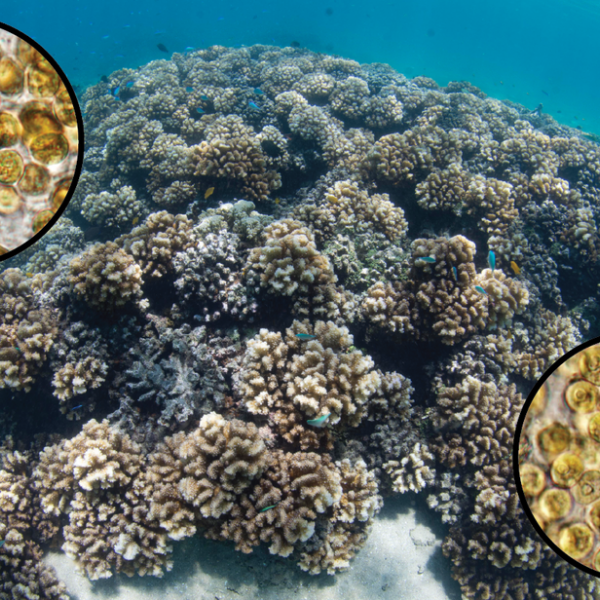
May 27, 2021
Widespread coral-algae symbioses endured historical climate changes
One of the most important and widespread reef-building corals, known as cauliflower coral, exhibits strong partnerships with certain species of symbiotic algae, and these relationships have persisted through periods of intense climate fluctuations over the last 1.5 million years, according to a new study led by researchers at Penn State.
Full Article
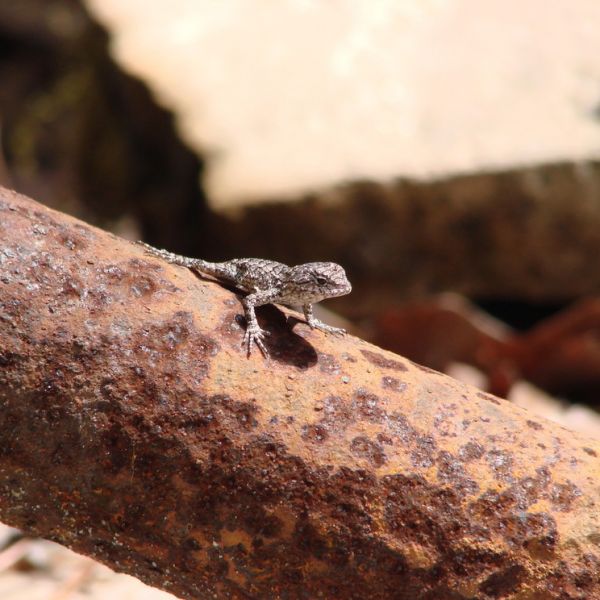
May 17, 2021
Maternal stress during pregnancy may shorten lifespans of male lizard offspring
Mother fence lizards that experience stress during pregnancy give birth to male offspring with shortened telomeres, or bits of non-coding DNA that cap the ends of chromosomes, according to a Penn State-led study.
Full Article

Mar 18, 2021
Ottar Bjørnstad elected to Norwegian Academy of Sciences and Letters
Ottar N. Bjørnstad, distinguished professor of entomology and biology and J. Lloyd & Dorothy Foehr Huck Chair of Epidemiology at Penn State, has been elected to the Norwegian Academy of Sciences and Letters. Bjørnstad was recommended as a result of his significant contributions to the fields of population ecology and quantitative epidemiology.
Full Article
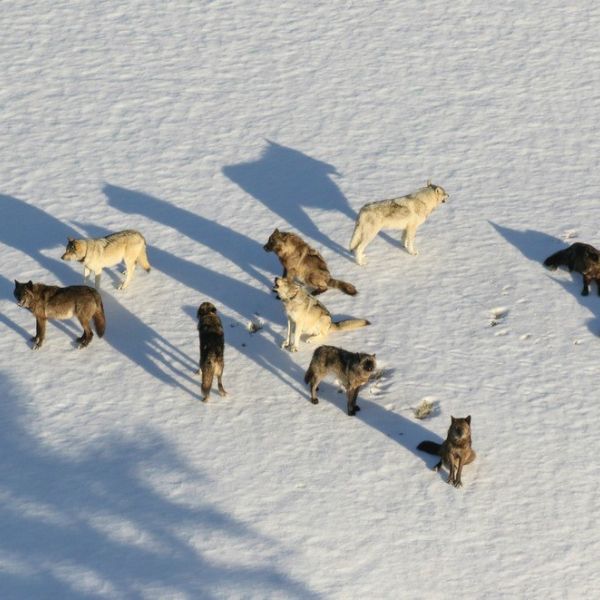
Mar 03, 2021
Wolf social group dynamics matter for infectious disease spread, models suggest
By modeling wolves in Yellowstone National Park, researchers have discovered that how a population is organized into social groups affects the spread of infectious diseases within the population. The findings may be applicable to any social species and could be useful in the protection of endangered species that suffer from disease outbreaks.
Full Article

Mar 01, 2021
Unique study of isolated bobcat population confirms accuracy of extinction model
The reintroduction of 32 bobcats to an island off the coast of Georgia more than three decades ago created an ideal experiment to examine the accuracy of a genetic-modeling technique that predicts extinction of isolated wildlife populations.
Full Article